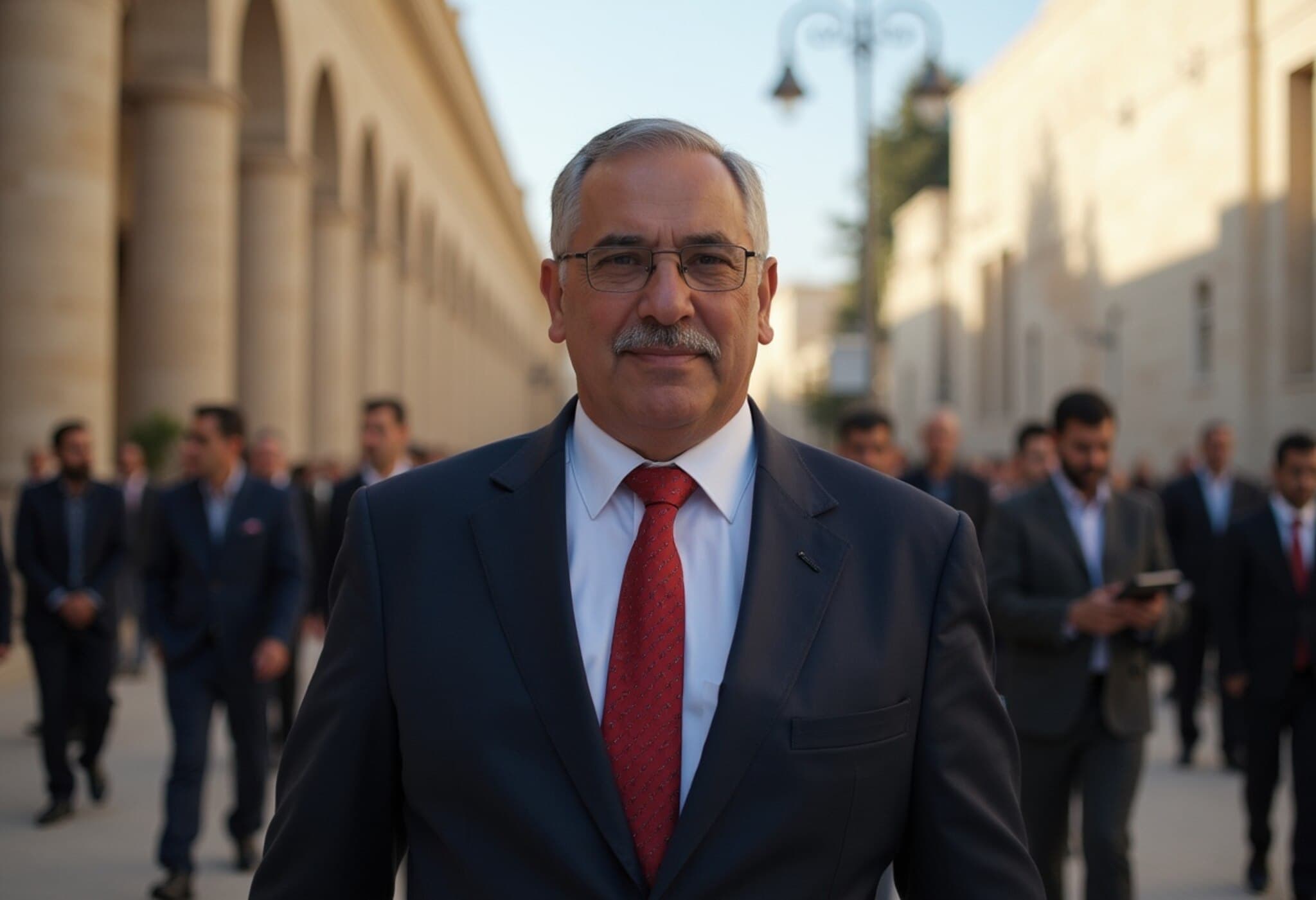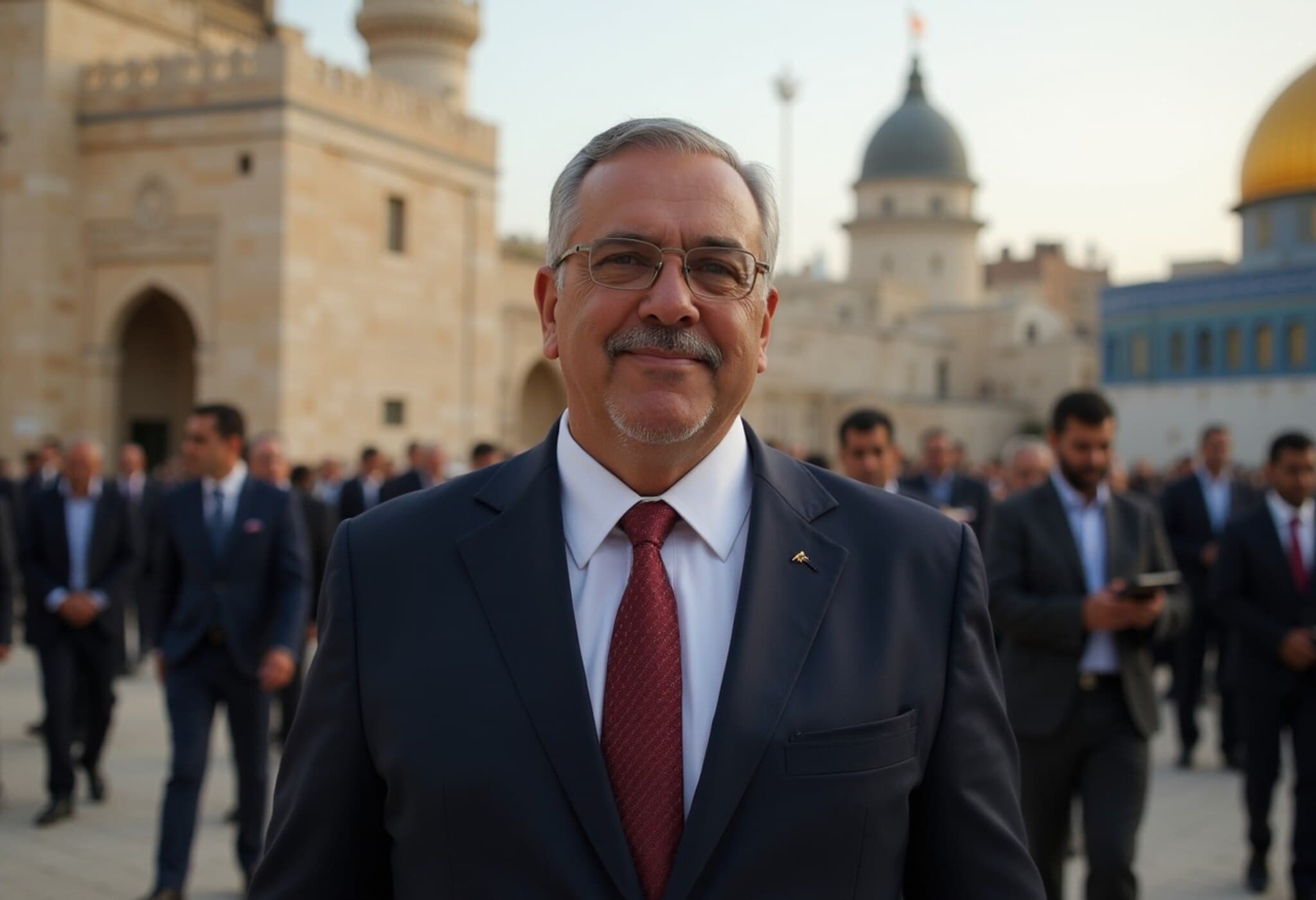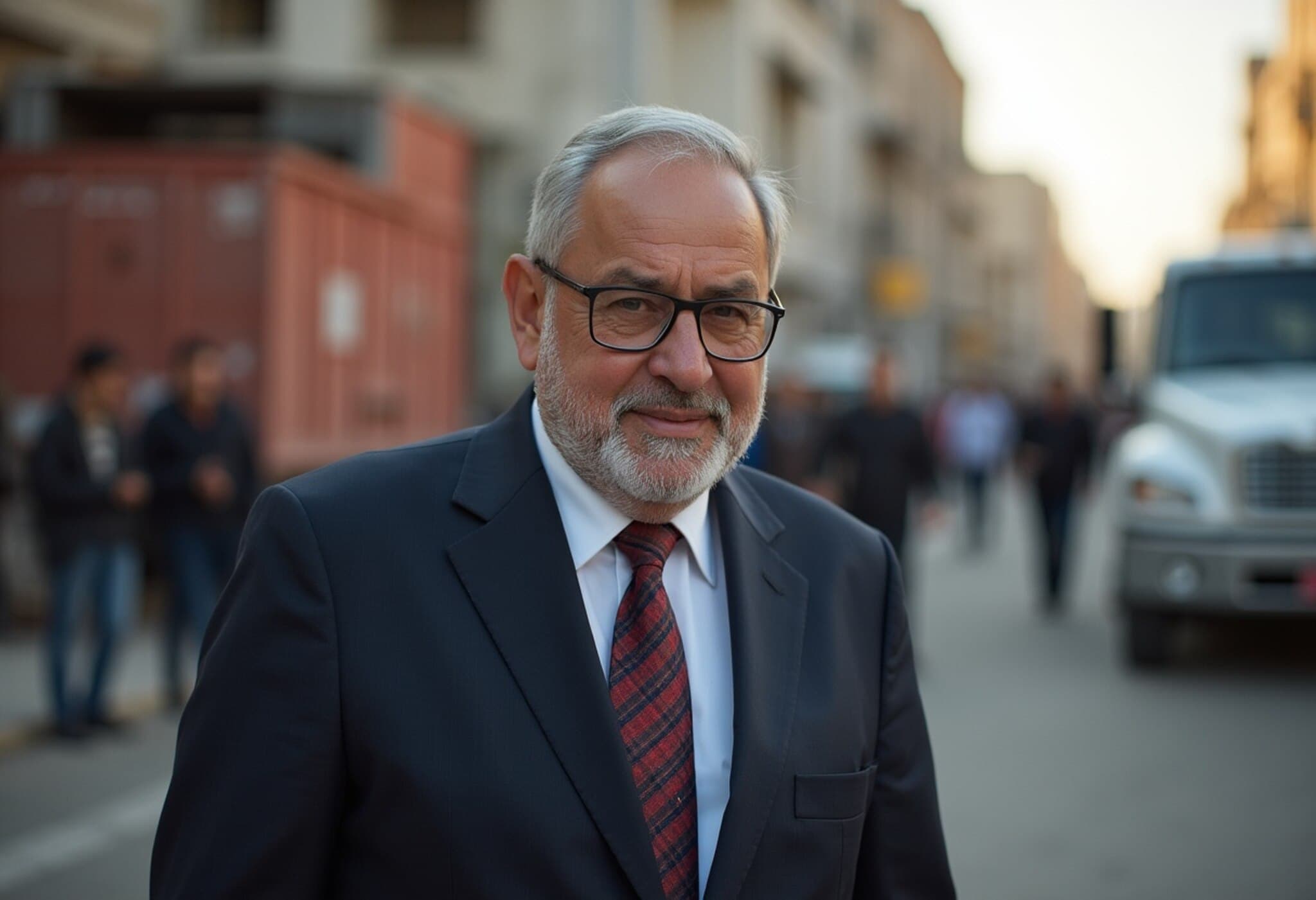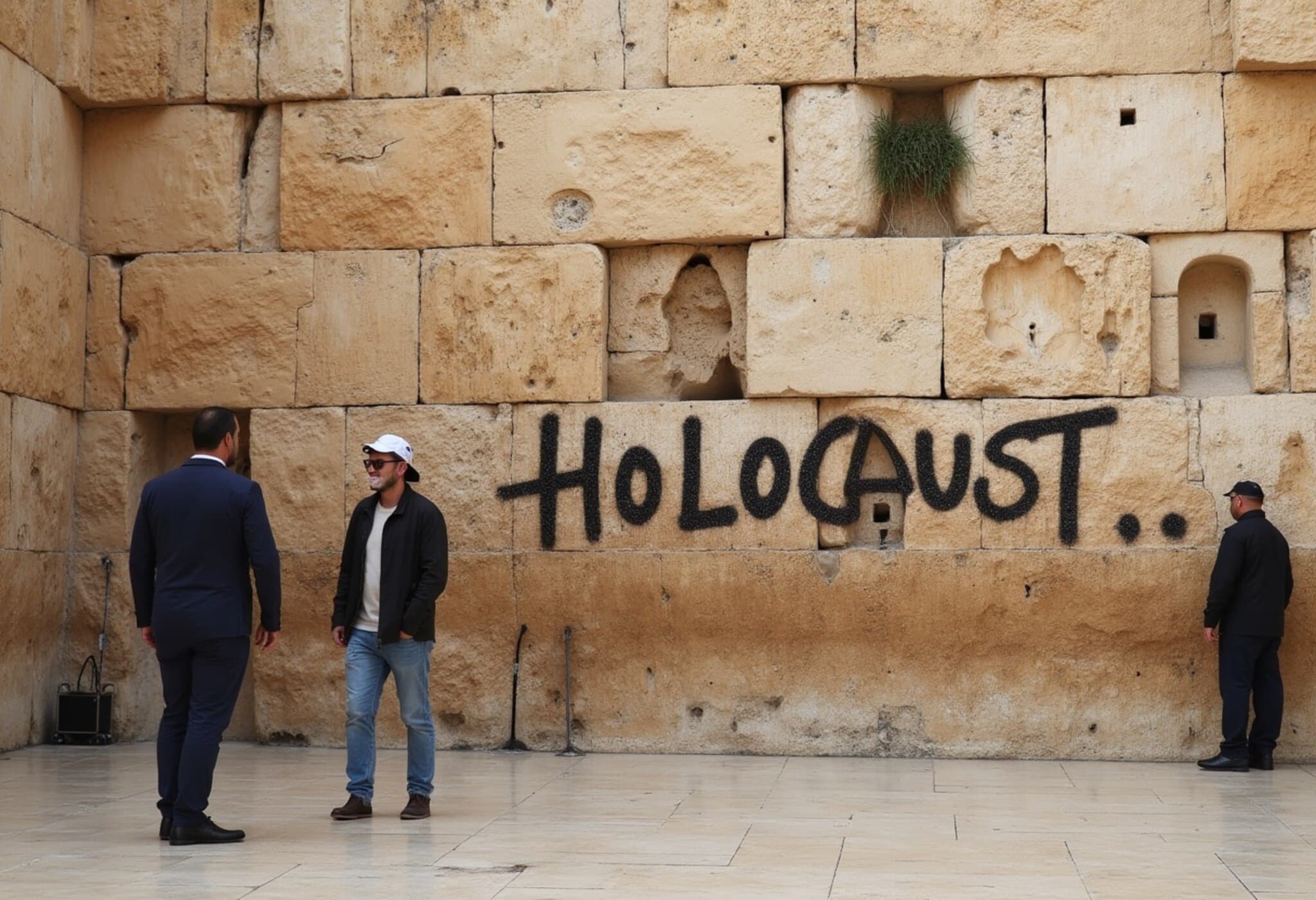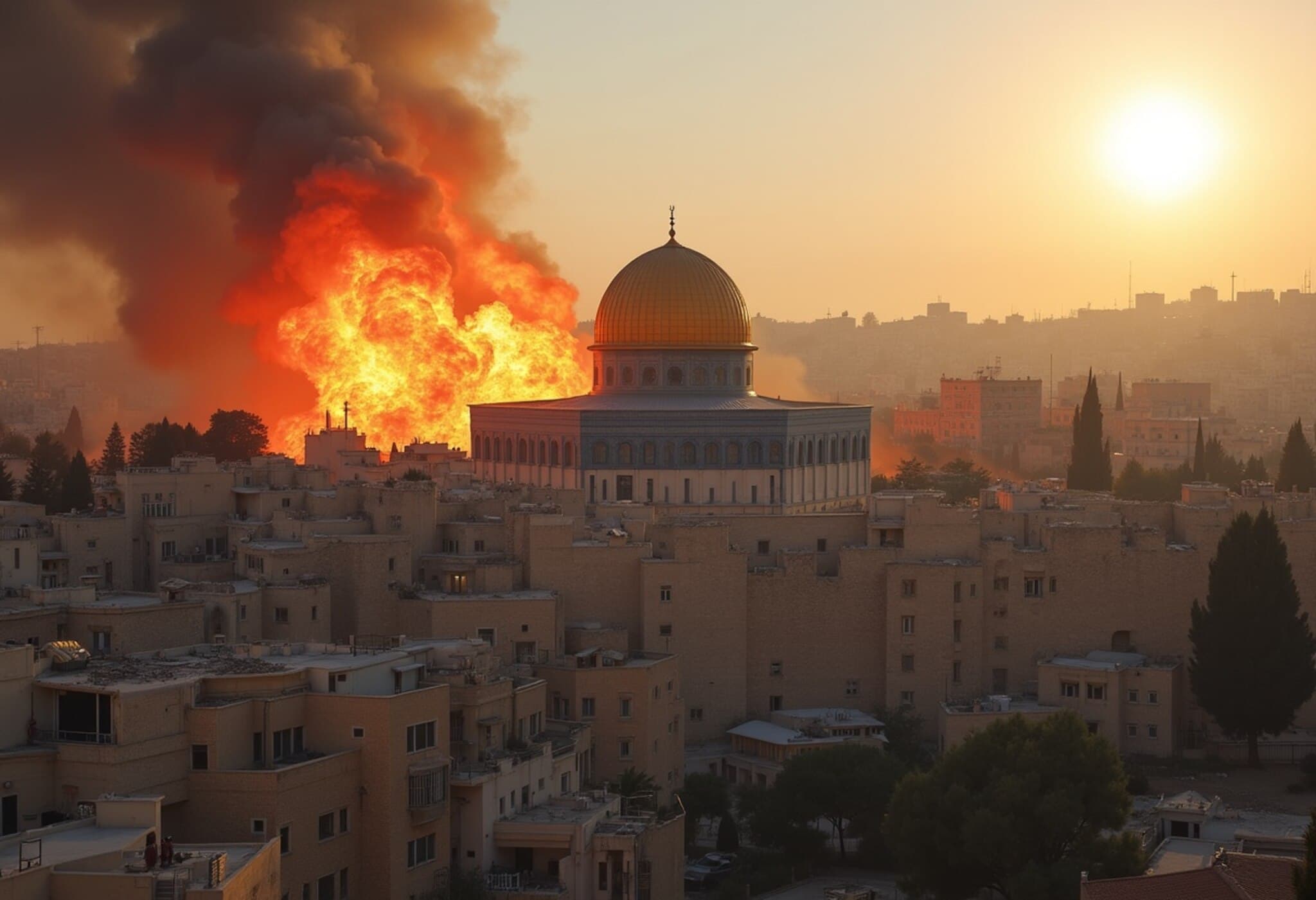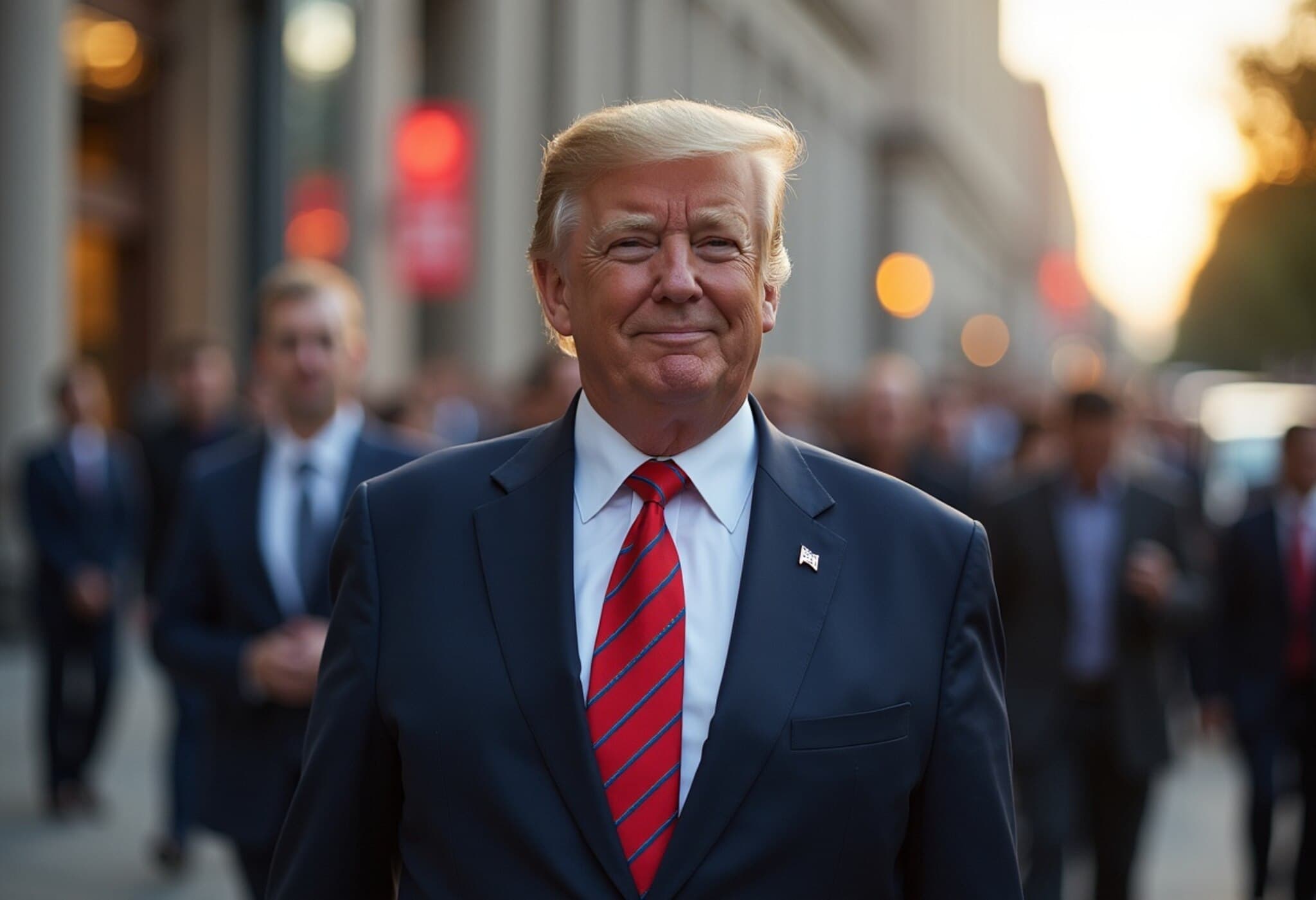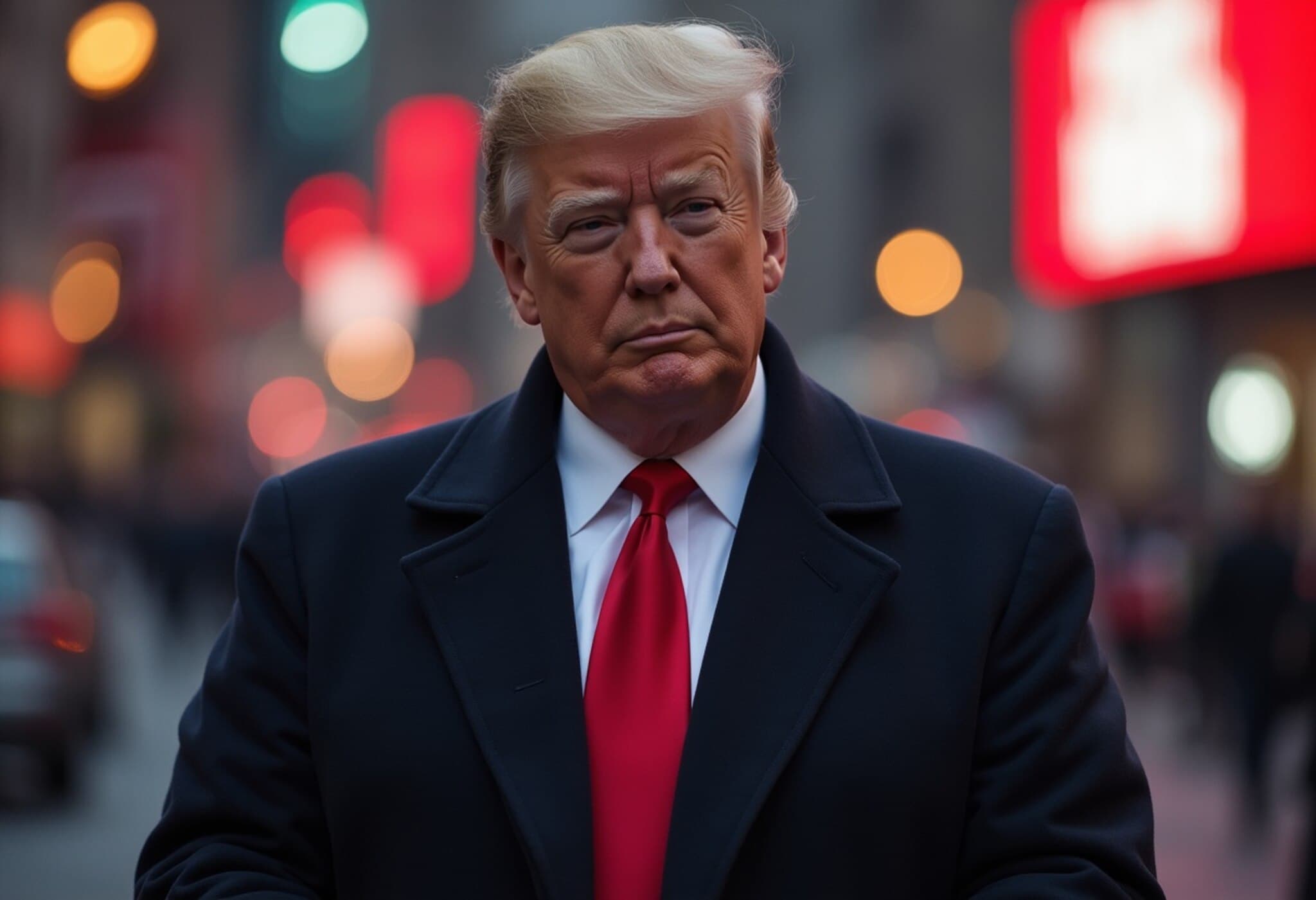Far-Right Israeli Minister Itamar Ben-Gvir’s Al-Aqsa Visit Inflames Regional Tensions
In a move that has reignited long-standing tensions surrounding Jerusalem’s most contested site, Israeli National Security Minister Itamar Ben-Gvir visited the al-Aqsa mosque compound on Sunday, drawing sharp condemnation across the Middle East and beyond.
Accompanied by over 1,200 supporters and police forces, Ben-Gvir reportedly engaged in prayer at the sacred location. This act is widely viewed as a breach of a delicate, centuries-old arrangement known as the “status quo,” which permits Jewish visitors to enter the compound but prohibits Jewish prayer inside this Islamic holy site. The site is currently administered by the Jordanian Islamic Waqf, and its sensitive governance remains a critical flashpoint in Israeli-Palestinian relations.
Saudi Arabia Denounces Visit as Provocative Violation
Saudi Arabia’s Foreign Ministry took to social media to issue a stern rebuke, condemning the visit as a violation of international law and an incendiary provocation. The Kingdom highlighted that such actions by Israeli officials exacerbate the ongoing conflict and undermine efforts toward peace.
“The Kingdom strongly condemns the repeated provocative actions by Israeli officials against al-Aqsa mosque,” stated the Saudi Foreign Ministry.
Israeli Government Insists on Maintaining Status Quo
In response to rising criticism, Prime Minister Benjamin Netanyahu’s office reaffirmed Israel’s commitment to preserving the status quo at the Temple Mount, the name Jews give to the compound. Official statements sought to downplay any policy shift, emphasizing that Jewish prayer inside al-Aqsa is not permitted.
Nevertheless, Ben-Gvir’s act of praying on the site challenges these assurances and raises questions about the government’s control over its more hardline factions.
Jordan Condemns the Visit as Unacceptable Provocation
As custodian of al-Aqsa, the Jordanian government issued a forceful condemnation, labeling the minister’s visit a “blatant violation of international law” and warning that such provocations destabilize the fragile status quo in Jerusalem and the broader region.
Jordan emphasized that these actions threaten the historic and legal frameworks that preserve peace in one of the world’s most sensitive religious and political flashpoints.
Context: Rising Violence in Gaza Shadows Al-Aqsa Controversy
Amid this diplomatic storm, Gaza remains engulfed in crisis. On the same day as the al-Aqsa visit, Palestinian officials reported that Israeli military actions resulted in the deaths of at least 27 people trying to access humanitarian aid. Tragically, an additional six people reportedly died from starvation or malnutrition, underscoring the dire humanitarian situation.
The juxtaposition of escalating tensions at Jerusalem’s holy sites with lethal conflict in Gaza highlights the complex and intertwined nature of Israel-Palestine strife. It raises urgent questions about the pathway to peace and the costs borne by civilians caught in the conflict.
Expert Insight: Navigating the Complexities of Jerusalem's Holy Sites
Itamar Ben-Gvir, known for his far-right nationalist views, has increasingly pushed boundaries that many diplomats warn could destabilize the already fragile peace in Jerusalem. Experts note that Jerusalem is not only a religious epicenter but also a geopolitical tinderbox where symbolic acts can have outsized consequences.
According to Middle East policy analyst Dr. Sarah Cohen, "Ben-Gvir’s actions, while largely symbolic, serve as a serious provocation given the historic agreements that limit religious activities to prevent clashes. This incident could embolden extremist factions on all sides."
The incident should also be understood in the broader context of regional politics, where countries like Jordan and Saudi Arabia play pivotal roles in mediating and managing the holy sites' status and broader peace efforts.
What Lies Ahead?
- International diplomatic efforts will likely focus on de-escalating tensions and reaffirming commitments to existing agreements.
- Humanitarian concerns in Gaza demand urgent attention, particularly as access to aid continues to be a contentious issue.
- Close monitoring of Israeli political dynamics is essential, as the rise of far-right politicians could lead to further policy shifts impacting the region’s stability.
Editor’s Note
The recent visit by a far-right Israeli minister to the al-Aqsa mosque is far more than a symbolic gesture; it encapsulates the enduring struggle over Jerusalem's spiritual and political identity. As regional powers express alarm, and civilians in Gaza face a dire humanitarian crisis, we are reminded that peace in the Holy Land remains fragile and requires vigilant, nuanced diplomacy paired with respect for historic agreements.
Readers are encouraged to consider: How might symbolic acts at religious sites influence political realities on the ground? And what roles can international mediators play to uphold peace in such a volatile environment?

